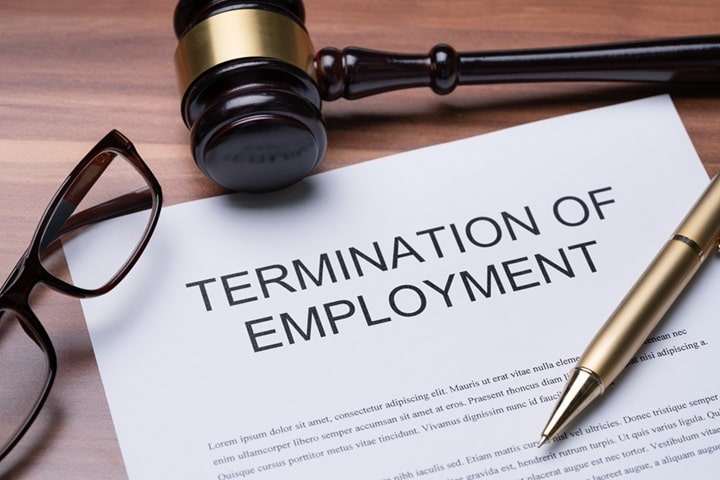The best way to win an employee lawsuit is to prevent it in the first place. You’ll be able to head off many disputes by understanding what stirs workers up and makes them want to call a lawyer.
The best way to win an employee lawsuit is to prevent it in the first place. You’ll be able to head off many disputes by understanding what stirs workers up and makes them want to call a lawyer.
President Trump on Jan. 27 fired two Democrats from the EEOC and one from the National Labor Relations Board, leaving both agencies without a quorum and unable to conduct substantive business. The terminations were expected to trigger lawsuits that could make their way to the U.S. Supreme Court.
With a new president come changes in leadership at federal agencies. Here’s what’s new at the EEOC, NLRB and DOL.
The ADA states that employers “shall not make inquiries of an employee as to whether such employee is an individual with a disability or as to the nature and severity of the disability, unless such examination or inquiry is shown to be job-related and consistent with business necessity.”
Courts recognize that employers must be free to manage their workforces as they see fit—with some limitations. But that live-and-let-live ethos changed when the Supreme Court issued its Muldrow v. St. Louis decision in April 2024.
In the 48 hours after President Trump took office on Jan. 20, he issued a torrent of executive orders and actions, many of them bearing directly on issues that matter to HR professionals and employers.

• Clear communication and accountability. Learn how to set clear expectations and follow through with appropriate consequences when employees fall short.
• Practical insights for challenging environments. Gain strategies for maintaining team productivity even in the most difficult situations.
• Early detection of problem behaviors. Understand how to spot and address difficult behaviors early on to prevent them from spreading and damaging the team.
• Conflict-resolution techniques. Discover proven communication methods to defuse tension and resolve conflicts effectively.
• Scripts for tough conversations. Get access to sample scripts that will help you confidently address common management challenges, from performance issues to negative attitudes.

• Why leaders behave abrasively.
• Why they don’t perceive themselves to be abrasive.
• How to identify abrasive behavior and intervene early to avoid damage to co-workers and organizational operations.
• The 5 steps of courageous conduct intervention.
• How to help management grow their management backbone and manage unacceptable conduct.
• How to overcome leadership anxiety and defensiveness at the prospect of intervening with an abrasive employee.

• Documenting discipline and performance. Essential practices for legally sound terminations.
• Terminating remote workers. Specific protocols for remote employees, including those with accommodations.
• Conducting termination meetings. Step-by-step guidance on timing, location, attendees and communication.
• Severance agreements. Using and drafting agreements to mitigate legal risks.
• Compliance with WARN laws. Recent examples and best practices for layoffs.
• Handling unemployment benefits. Strategic considerations for contesting or avoiding claims.
• Emergency preparedness. Creating an effective emergency plan for termination situations.
• Rehiring considerations. When to leave the door open for potential rehiring.
• Establishing airtight policies. Best practices for developing and implementing termination policies.
You are unauthorized to view this page. Login